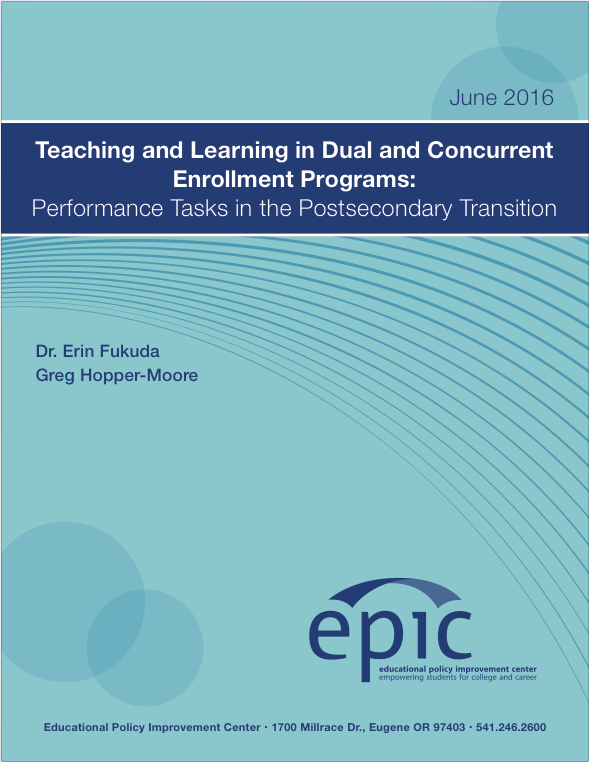Creative Ideation Meets Relational Support: Measuring Links Between these Factors in Early Adolescence
This study examines measurement of creative ideational behaviors alongside factors of student engagement that may play a role in the development of students’ creative potential during early adolescence in school. Two studies used exploratory and confirmatory factor analyses, crossvalidation, and invariance testing of 2 extant measures with multiple samples of 6th grade students 10 in the United States. Key findings show that reduced versions of the Runco Ideational Behavior Scale for Students (RIBS-C) and the student engagement instrument (SEI) demonstrated a close fit to the data and sufficient evidence of reliability and validity. In addition, flexibility in creative ideation showed consistently high correlations with relational support with peers and teachers and educational aspiration and relevance. Results provide greater precision for futuremeasurement and support 15 for developmental and sociocultural theories of creativity in the learning environment. This study also reinforces the cognitive perspective that distinguishes properties of fluency and flexibility.










